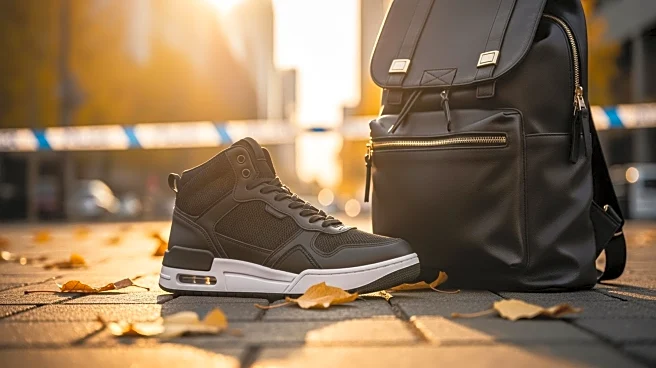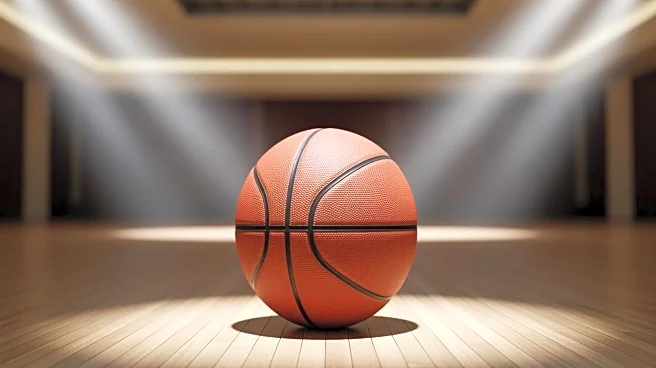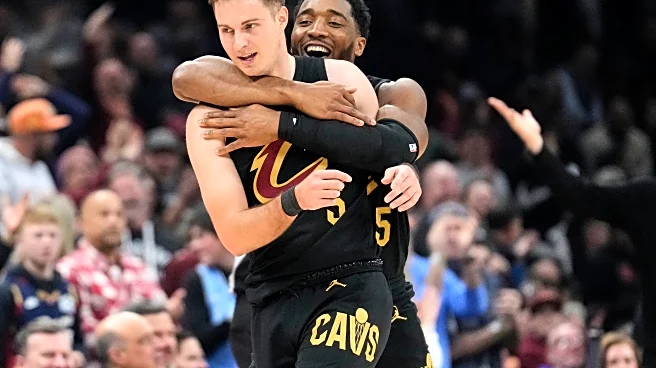What's Happening?
Quinn Hughes, captain of the Vancouver Canucks, has reiterated his commitment to the team despite ongoing speculation about his future. During the NHL/NHLPA North American Player Media Tour, Hughes addressed rumors regarding his desire to play alongside his brothers, Jack and Luke Hughes, who are currently with the New Jersey Devils. The speculation began when Canucks president of hockey operations, Jim Rutherford, mentioned Hughes' interest in playing with his siblings. Hughes, who has two seasons left on his contract, emphasized his dedication to Vancouver and the responsibilities he holds as captain, a role he has embraced since being appointed in September 2023.
Why It's Important?
The commitment of Quinn Hughes to the Vancouver Canucks is significant for the team's stability and future prospects. As captain, Hughes plays a crucial role in leading the team and maintaining morale, especially after a challenging season marked by injuries and internal conflicts. His decision to focus on Vancouver rather than entertain the idea of joining his brothers in New Jersey helps the Canucks maintain a key player and leader. This stability is vital for the team's efforts to return to the Stanley Cup Playoffs, which they missed last season. Hughes' leadership and performance are pivotal to the team's success and rebuilding efforts.
What's Next?
While Hughes has expressed his commitment to the Canucks, the speculation about his future will likely continue until his contract expires. The Canucks will need to navigate these discussions carefully to ensure team cohesion and focus on their playoff ambitions. Hughes' performance and leadership will be closely watched as the team aims to overcome past challenges and improve their standing in the league. The Canucks' management may also explore strategies to strengthen the team and support Hughes in his role as captain.
Beyond the Headlines
The situation highlights the complexities athletes face in balancing personal desires with professional commitments. Hughes' case underscores the importance of leadership roles in sports teams and the impact of family dynamics on career decisions. It also reflects the broader trend of athletes seeking opportunities to play alongside family members, which can influence team strategies and player negotiations.










